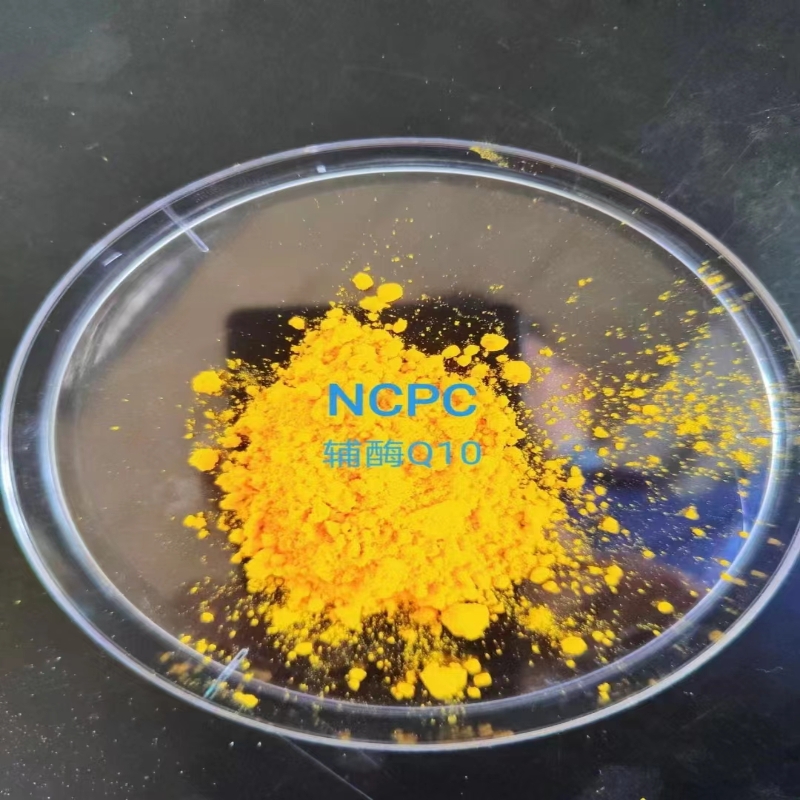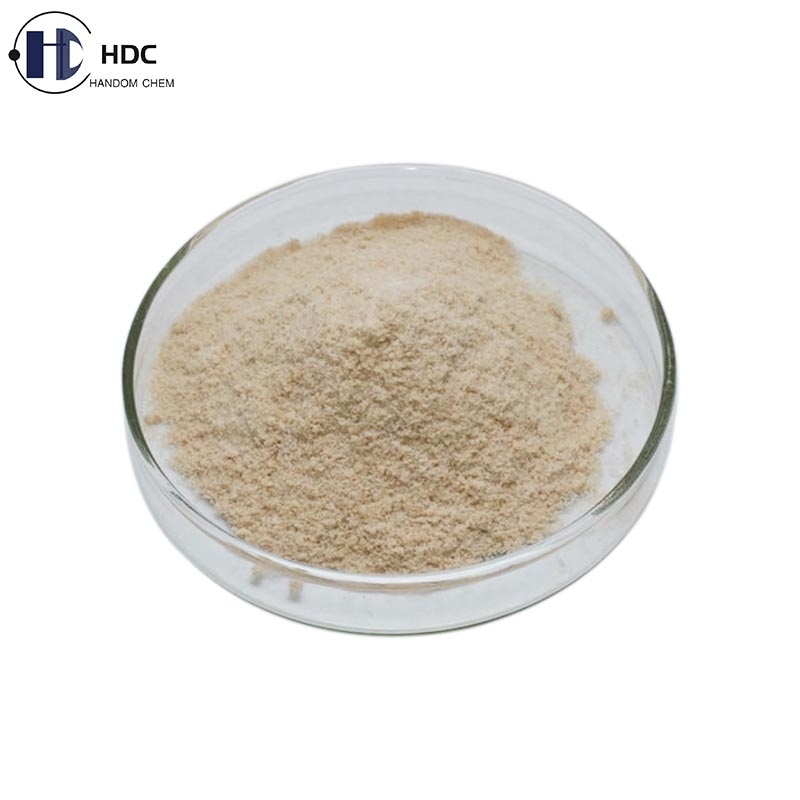FASEB J: new research helps kill cancer cells that were previously undead
-
Last Update: 2019-06-06
-
Source: Internet
-
Author: User
Search more information of high quality chemicals, good prices and reliable suppliers, visit
www.echemi.com
June 6, 2019 news / BIOON / - countless people are affected by cancer Modern treatment can effectively reduce the tumor, but often can not kill all the cells, so the cancer may recur For some invasive cancers, the problem is so great that doctors can hardly help Why can some cancer cells avoid treatment? To understand this problem, researchers need to study the internal molecular mechanisms of cancer cells, which regulate the ability of cancer cells to grow, survive and divide, so as to produce more cells Scientists have identified many of these mechanisms and designed drugs and other treatments to interfere with them, prevent them from splitting, and even kill them Obviously, these therapies can't kill all the cells in the tumor This must mean that some cancer cells can use alternative mechanisms that cannot be solved by current therapies In this way, they escape treatment, regenerate the tumor and cause recurrence Photo source: http://cn.bing.com Andreas androutsellis theotokis Laboratory of internal medicine, Dresden University of technology has found a new molecular mechanism to regulate the regeneration process after tissue injury STAT3 Ser / hes3 signal axis (named after two key components) The researchers found that this signal axis is very important to activate stem cells in living tissues Stem cells may contribute to tissue regeneration in patients with Parkinson's disease, ischemic stroke, multiple sclerosis, and type 1 and type 2 diabetes The researchers suspect that the same mechanism could be hijacked by certain cancer cells, perhaps elusive cancer stem cells, as a way to escape current treatment and regenerate tumors Researcher Steve poser and his colleagues began testing the idea with cells from multiple brain cancer patients They have shown that these cells do shift from using more mature molecular mechanisms to using this new mechanism According to the mechanism of cancer cells, cells are sensitive to different treatments The team set up an international and interdisciplinary cooperation project to study the state of the new cancer cells, to determine which genes are on and off and which mechanical properties are affected (these are important for cancer cell metastasis, because they regulate the movement and spread of cells in the tissue), and to find ways to treat and kill cancer cells that specifically use the new mechanism In this way, they blocked the escape route of cancer cells, and the relevant research results were published in the Journal of the Federation of American Societies for experimental biology Researchers have found several treatments that use this mechanism to kill cancer cells In fact, several treatments are so special that they kill cells only when they use new mechanisms, while when they use more mature, classic cancer growth mechanisms, the therapeutic effect is very small Currently, many treatments are approved for different indications (not cancer), so they may be re used in oncology Although the initial focus is on invasive brain cancer, there is ample evidence that the same mechanisms play a role in many other types of cancer This work provides a new logic and method to identify treatments that kill these hard to kill cancer cells Reference: Steven W poser et al Controlling distinct signaling states in cultured cancer cells provides a new platform for drug discovery, the FASEB Journal (2019) Doi: 10.1096/fj.201802603rr
This article is an English version of an article which is originally in the Chinese language on echemi.com and is provided for information purposes only.
This website makes no representation or warranty of any kind, either expressed or implied, as to the accuracy, completeness ownership or reliability of
the article or any translations thereof. If you have any concerns or complaints relating to the article, please send an email, providing a detailed
description of the concern or complaint, to
service@echemi.com. A staff member will contact you within 5 working days. Once verified, infringing content
will be removed immediately.







